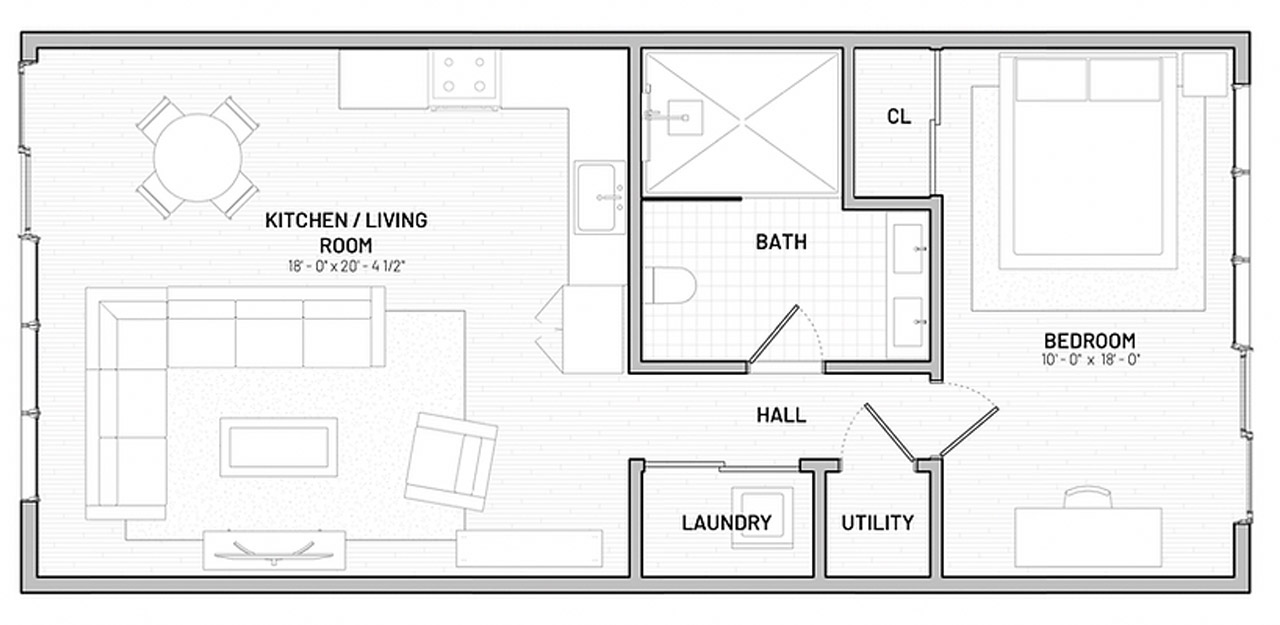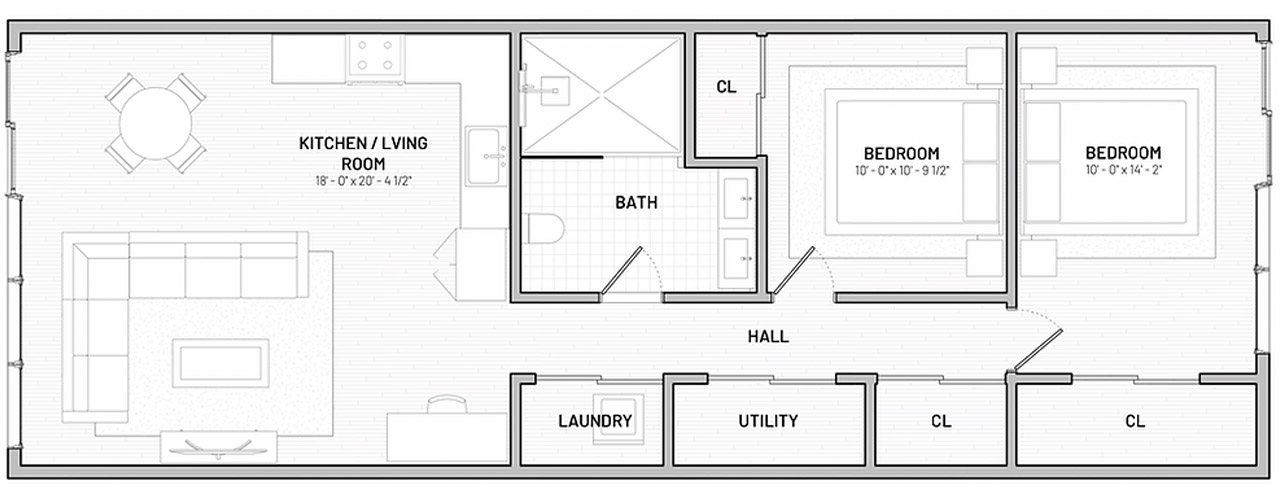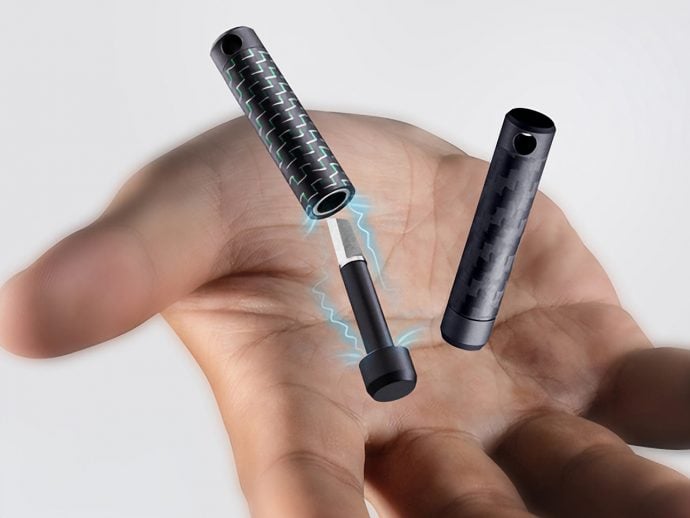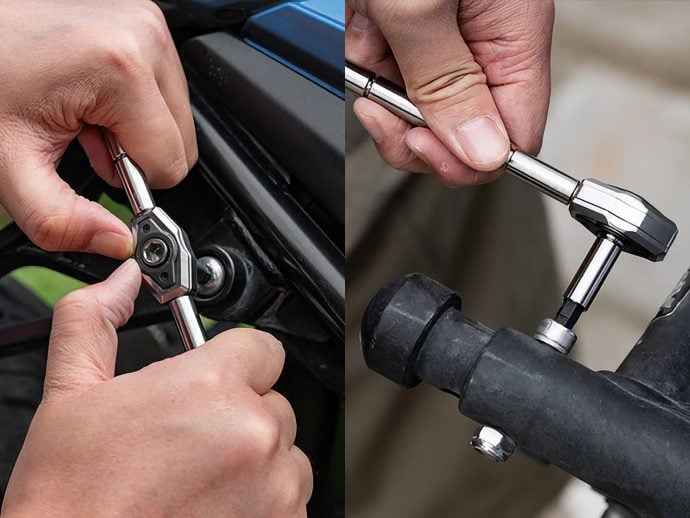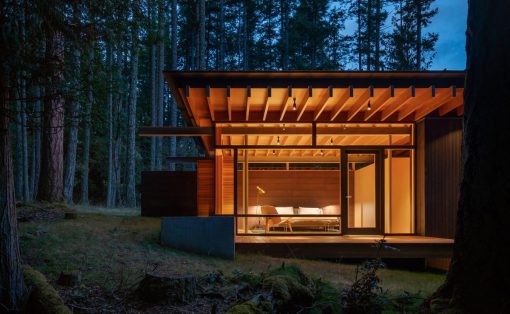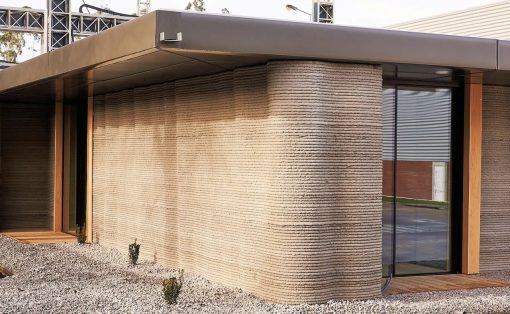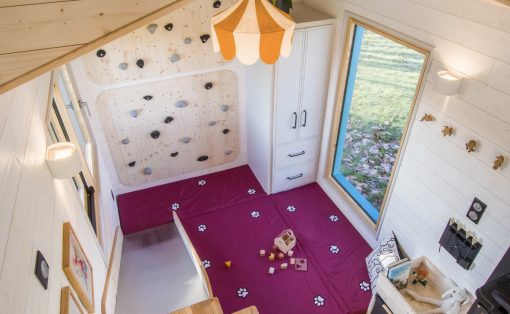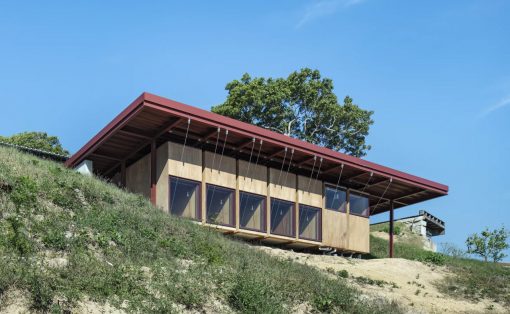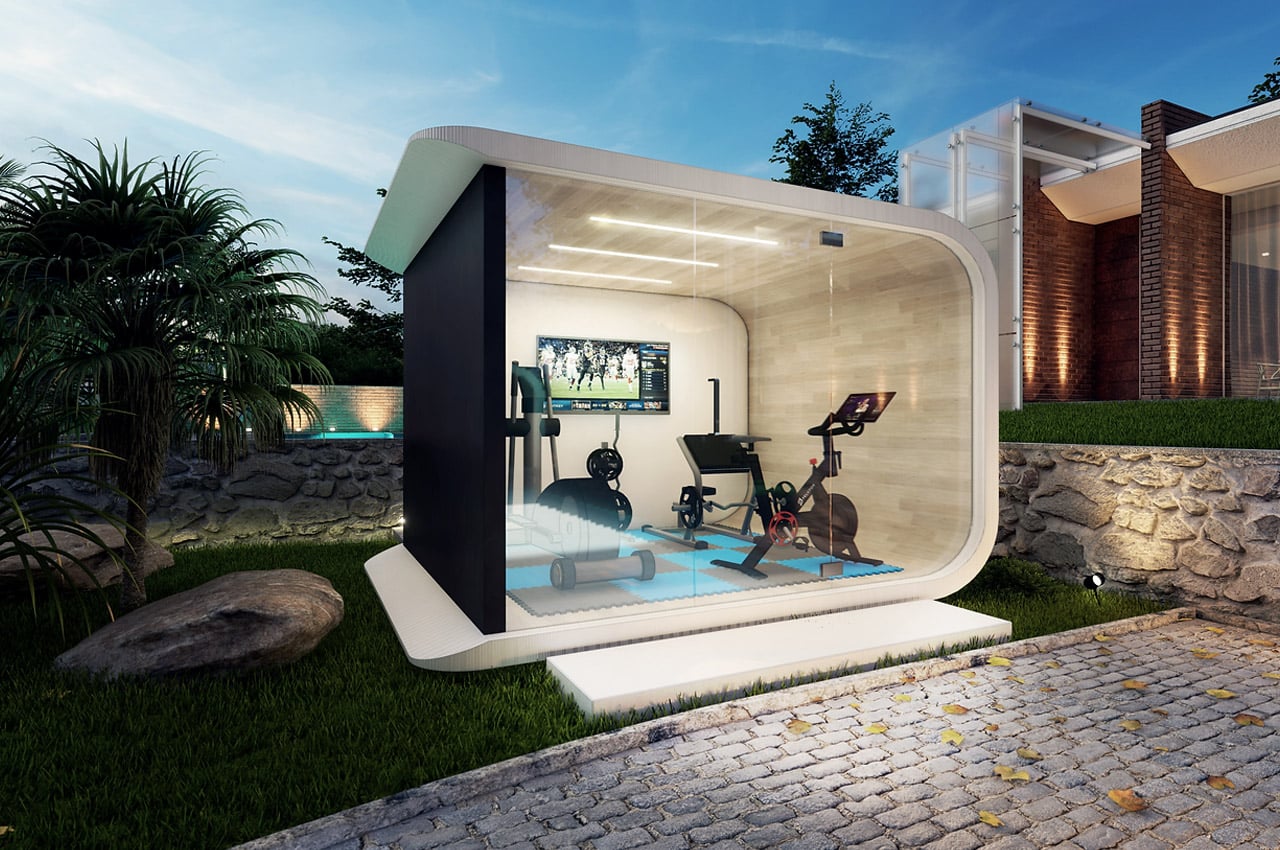
Sustainability has been running on everybody’s mind. And, with everyone aspiring toward’s eco-friendly and mindful ways of living, tiny homes have completely taken over the world of architecture and cemented their place as sustainable, minimal, and economical micro-living setups. What started off as a cute little trend is now turning into a serious option for home spaces. They are a space-saving and eco-friendly living solution that reduces the load on Mother Earth! And one of the newbies in the tiny home market is Azure. The Los Angeles-based startup is using recycled plastic to 3D print prefab tiny homes!
Designer: Azure
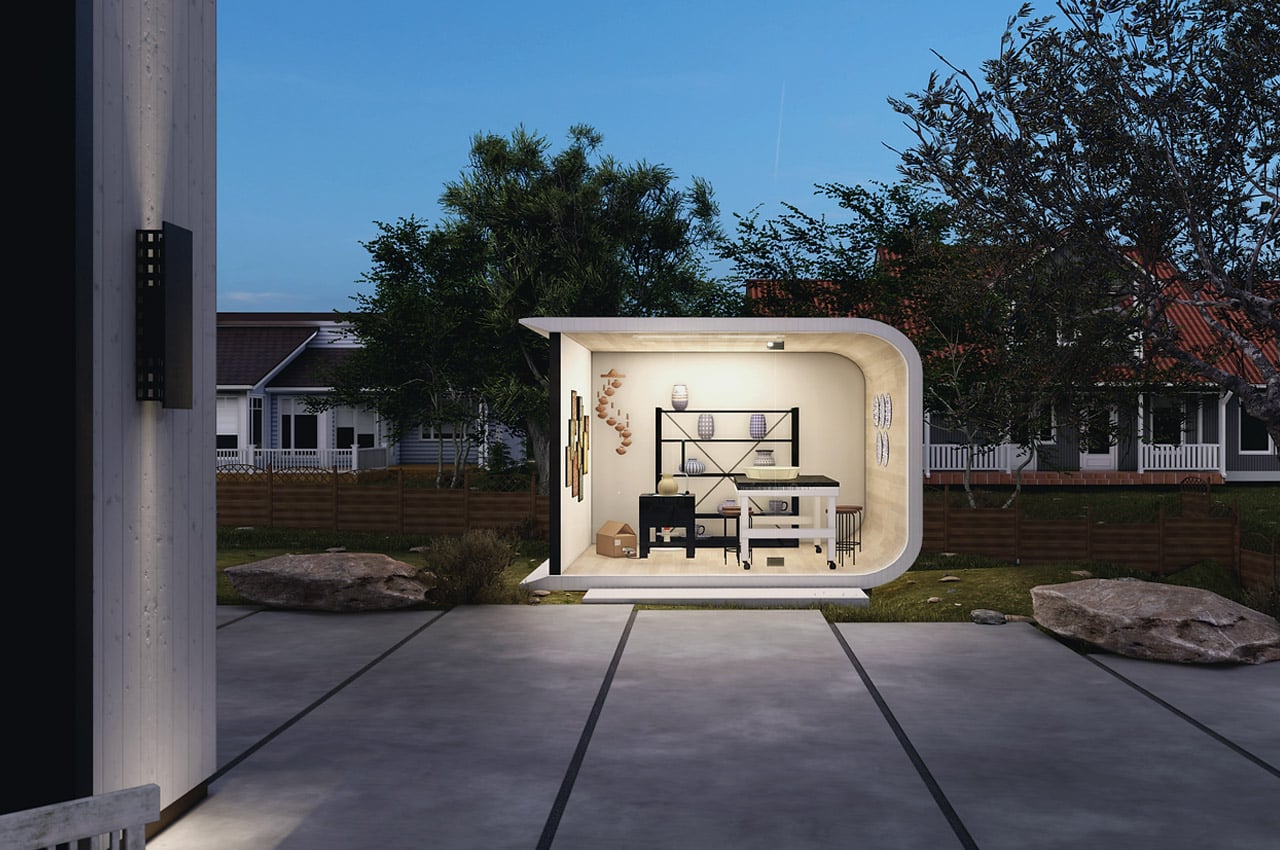
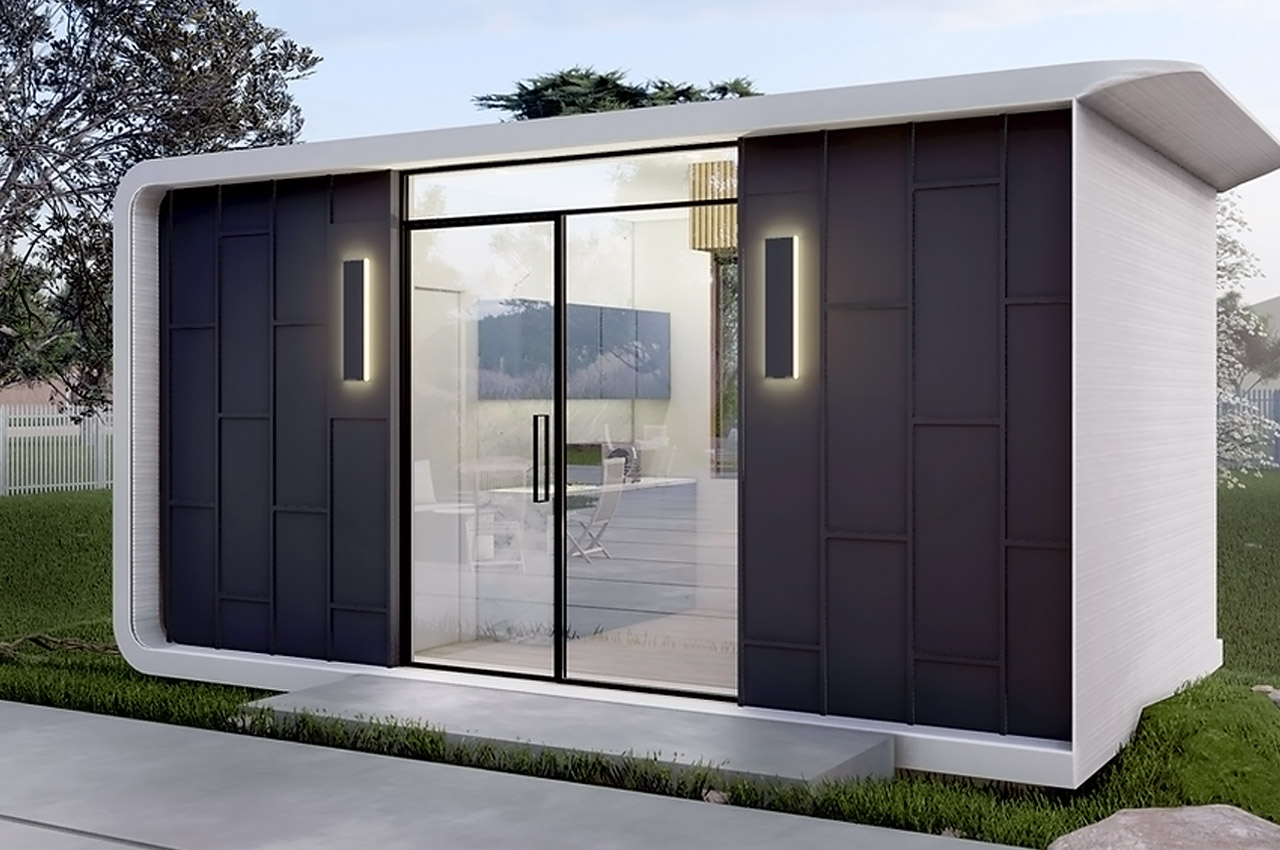
Azure, essentially specializes in ADUs or Accessory Dwelling Units, which are usually placed next to a main residence, or in the backyard of a home! Azure creates several models of these ADUs – from backyard office studios to a two-bedroom tiny home. The structures are modern and futuristic, amped with glass walls, recessed lighting, and pocket doors, providing them with the feel of a complete home. Within 20 hours, Azure 3D prints the homes – including their structural skeleton, exterior sheathing, water control barrier, exterior finish, utility passageways, and the grounding for interior finishes.
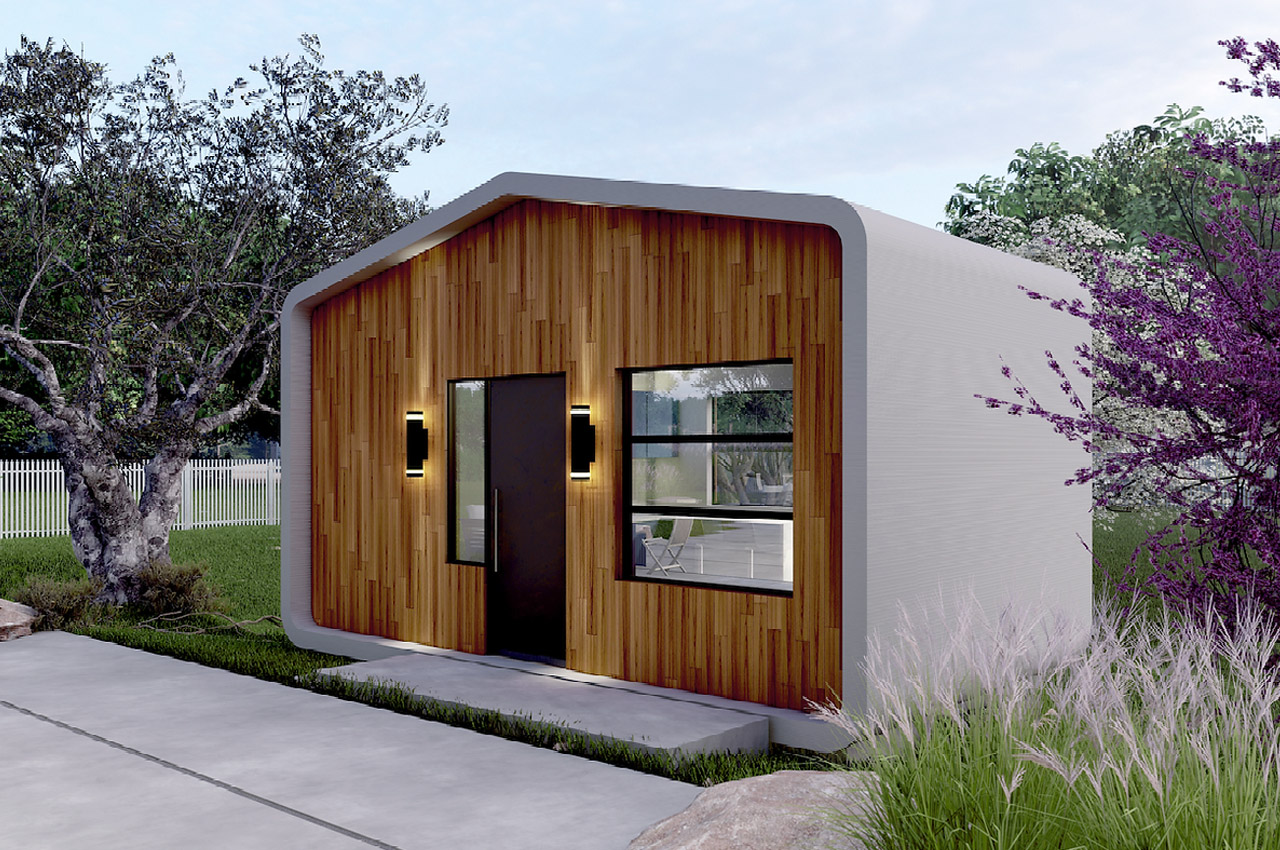
Now, what makes Azure’s homes so special? I mean 3D printing has been around the block for a while, it’s nothing relatively groundbreaking. But, the fact is that most 3D printing home builders use a form of mixed or pure concrete to create homes, however, Azure is taking a more sustainable approach by utilizing recycled plastic in the construction. Over 60% of Azure’s printing material will comprise of waterproof plastic polymer, which is usually found in plastic bottles or food packaging.
“The construction sector is the largest global consumer of raw materials, responsible for approximately 11 percent of the world’s total carbon emissions. Our responsibility to our customers and future generations is to use the most sustainable practices imaginable,” said Ross Maguire, the CEO of Azure.
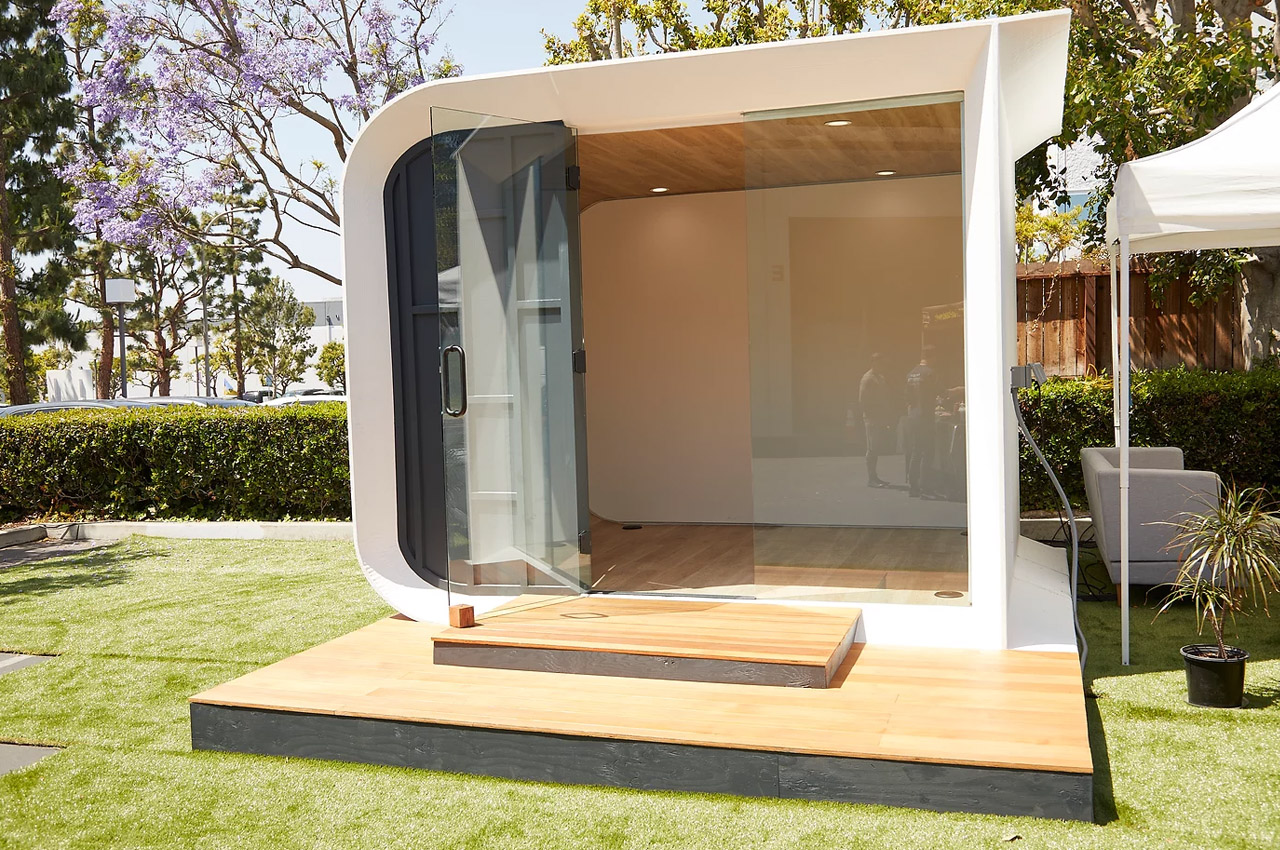
Azure promises that it will build homes 70% faster, and 30% cheaper as compared to traditional construction methods. They hope to do so by 3D printing the roof, floor, and walls of their homes within the factory itself. Before any unit leaves Azure’s factory, it will already be 99% complete! This is as efficient as prefabrication can get.
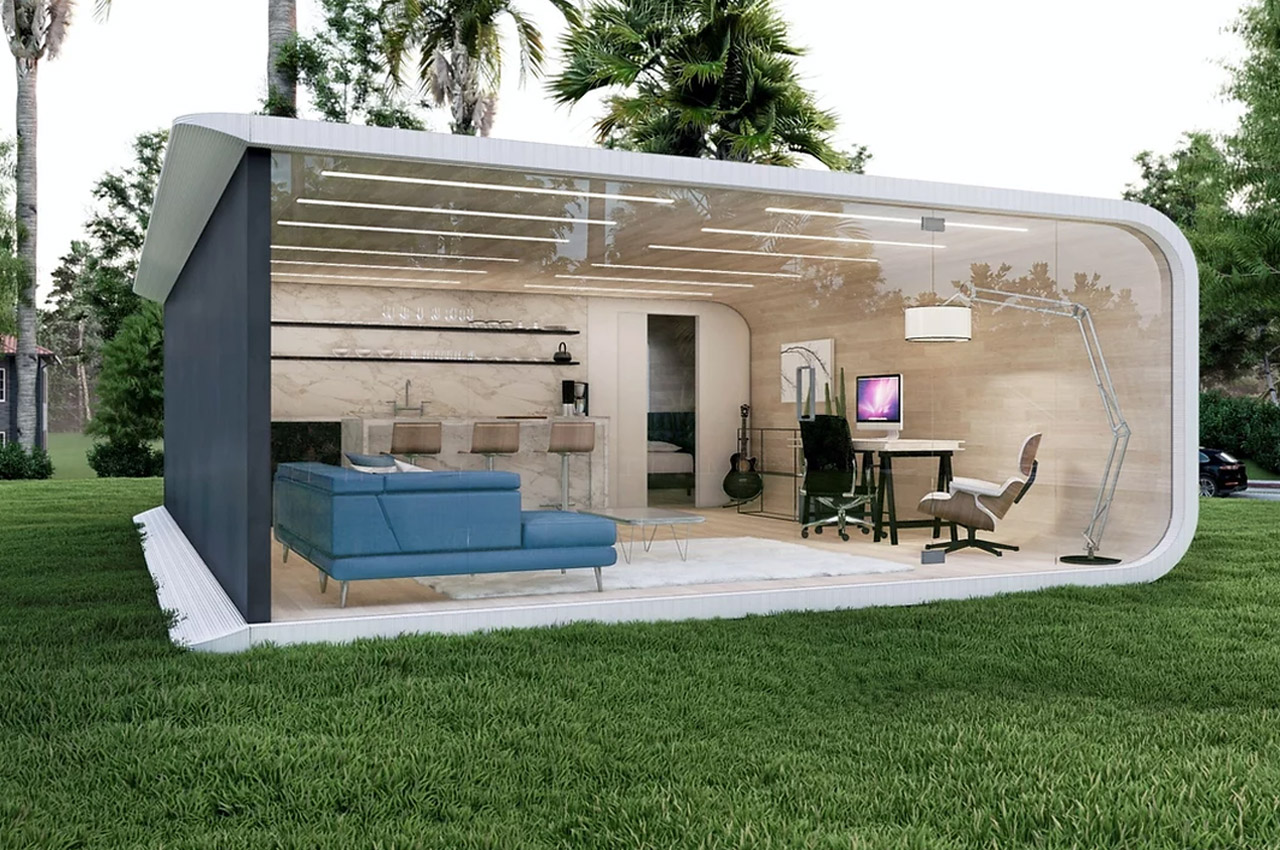
“Our supply chain should never be short in our lifetime,” said Ross Maguire. “We have created production efficiencies not only by capitalizing on the advances in 3D printing but by creating a design and process that is completed in only 20 hours”, he continued.
Azure seems to have found an even more sustainable approach to tiny homes! Tiny homes were already a major hit amongst advocates of sustainable architecture, but homes that are now 3D printed using recycled plastic? That’s a whole new ballgame…and we’re super excited to see where it leads to!
